Articles
Can Sleep Apnea Cause Heart Problems?
 August 21st, 2024
August 21st, 2024
Sleep apnea, causing decreased oxygen and increased cardiac workload, can lead to heart diseases, but can be managed with CPAP therapy and lifestyle changes.
What Are The Chances Of Dying From Sleep Apnea?
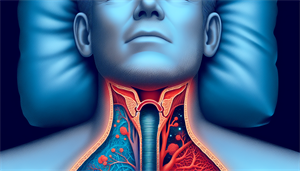 August 21st, 2024
August 21st, 2024
Untreated sleep apnea raises mortality risks; managing it with CPAP and lifestyle changes can significantly reduce these dangers.
What Is The Newest Treatment For Sleep Apnea?
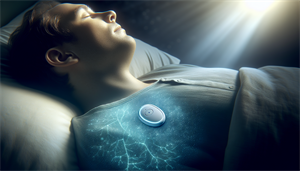 August 21st, 2024
August 21st, 2024
New sleep apnea treatments include the Inspire system, advanced CPAP/BiPAP technologies, and lifestyle changes, enhancing patient comfort and compliance.
Can Anxiety Cause Sleep Apnea?
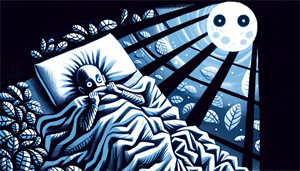 August 21st, 2024
August 21st, 2024
Sleep apnea and anxiety have a bidirectional relationship, worsening each other's symptoms; treatments include CPAP, therapy, and natural methods.
What To Do When Someone Is Snoring And You Can't Sleep?
 August 21st, 2024
August 21st, 2024
Address snoring with short-term fixes like earplugs or white noise, and long-term strategies like lifestyle changes and medical help for better sleep.
Exercises for Sleep Apnea
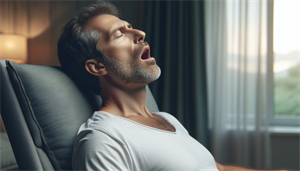 August 21st, 2024
August 21st, 2024
Incorporate throat, vocal, and tongue exercises into your routine to strengthen airway muscles, potentially easing mild to moderate sleep apnea symptoms.
How to Cure Sleep Apnea Naturally
 August 21st, 2024
August 21st, 2024
Natural sleep apnea relief includes lifestyle changes, throat exercises, and yoga breathing, with medical advice for severe cases.
Can Sleep Apnea Go Away?
 August 21st, 2024
August 21st, 2024
Sleep apnea, a chronic condition, can be managed with treatments like CPAP and lifestyle changes, reducing severity but not curing it.
Why Do I Snore When I Sleep on My Back?
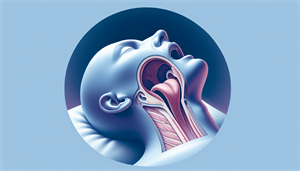 August 21st, 2024
August 21st, 2024
Back-sleeping can cause snoring due to airway obstruction from the tongue and soft palate, worsened by factors like weight and alcohol consumption.
COVID and Sleep Apnea
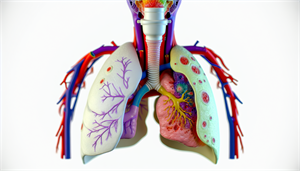 August 21st, 2024
August 21st, 2024
Sleep apnea can increase COVID-19 severity, sharing risks like obesity and worsening respiratory issues; CPAP use needs careful management.